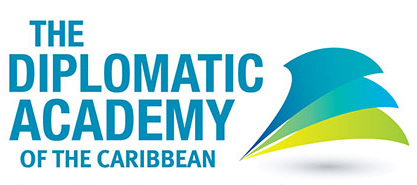Africa
Bueger, Christian and Anders Wivel (2018) 'How do small island states maximize influence? creole diplomacy and the smart state foreign policy of the Seychelles', Journal of the Indian Ocean Region, 14:2, 170–188
A lack of capabilities is most often taken to imply a lack of influence. The foreign policy of the Seychelles provides a surprising case of successful small state diplomacy that counters this claim. With a population of less than 100,000 and a diplomatic service of 100 staff, Seychelles is recognized as a broker in international organizations and as an agenda setter in ocean governance. This article explores this success in four steps. First, we unpack why the current diplomatic success of Seychelles is a surprise. Second, drawing on literature on small state diplomacy, we identify three sources of small state influence: capability and location, political culture and institutional design, and political strategy. Third, we analyze recent Seychellois diplomacy in light of the four factors as well as the limitations of Creole small state diplomacy. We conclude by discussing what other small states may learn from the Seychelles.
East, Maurice A. (1973) 'Foreign policy-making in small states: some theoretical observations based on a study of the Uganda ministry of foreign affairs', Policy Sciences, 4, 491–508
The focus of this article is on the capacity of smaller states to act in the foreign policy arena in the contemporary world. The past few years have produced a rather sizable number of books and articles which deals with small states as a particular type of actor in world politics. The present effort builds upon this research and attempts to explore in a preliminary fashion some ways in which world politics may be affected by the capacity (or incapacity) of small states to act in foreign affairs.
Styan, David. 2016. 'Djibouti: Small state strategy at a crossroads', Third World Thematics: A TWQ Journal 1:1, 79–91
Geography and politics indicate Djibouti would be a particularly weak and ineffectual ‘small state’. Located on a bridgehead between the poorest parts of Africa and Arabia, it is continental Africa’s smallest state by population and is devoid of natural resources. The text demonstrates that Djibouti has been able to transform weakness and liabilities stemming from its geo-strategic location, sandwiched between large neighbours and key maritime shipping lanes, into a lucrative ‘resource’. This has been achieved via creative diplomacy, fostering ties with a diverse range of states, translating acute dependence into economic and diplomatic capital. The text focuses primarily upon diplomatic strategies, while addressing broader concerns of small states’ energy, infrastructure and development policies.









